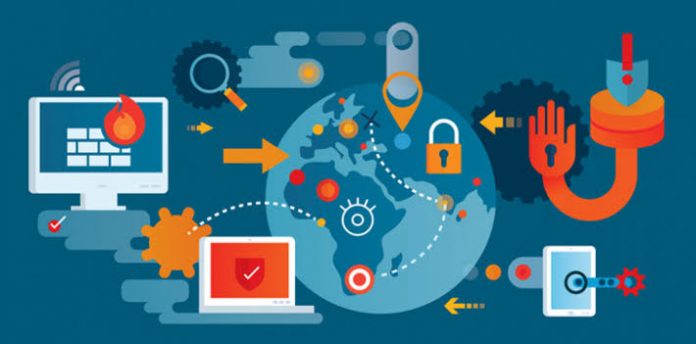It is high time that cyber-security is seen as adding value to the overall business and not as a cost
80 per cent of Indian organisations confessed that they are struggling to provide adequate education to their leaders and employees regarding cyber-security as cyber security attacks are increasing in frequency and severity.
In collaboration with Tech research Asia (TRA), IT security company Sophos announced the findings of the second edition of its survey report – ‘The Future of Cyber-security in the Asia pacific and Japan’. Despite cyber-attacks are increasing, cyber-security budgets have remained stagnant and executive teams continue to underestimate the level of damage threats can do to organisations, revealed the study.
The findings found that at the time of the most significant attack Indian organisations suffered in the past year, 56 per cent of the Indian organisations weren’t running up-to-date cyber-security protection.
In India, the survey identified that executives assume that their organisation will never get attacked, which is the top cyber-security frustration of IT leaders. This was followed by the assumption that there is nothing they can do to stop it, even though their organisation may be compromised.
Sunil Sharma, MD – sales, Sophos India and SAARC, said, “At a time when data breaches and sophisticated cyber-attacks like ransom-ware are growing at an alarming rate, cyber-security preparedness is paramount. While businesses are waking up to take note of such attacks and working to secure their organisations, it is vital for them to educate their leaders and employees about the seriousness of cyber-attacks”.
“It is high time that cyber-security is seen as adding value to the overall business and not as a cost. Business leaders should understand that their stakeholders, including customers, will trust them more if they know they are dealing with an organisation that follows best cyber security practices and that their data is safe. Organisations need to be more vigilant, educating their employees and leaders about cyber hygiene along with having the right cyber security tools, people and processes in place to minimise the impact,” Sharma added.
Sophos commissioned TRA to undertake this research into the Asia Pacific and Japan cyber-security landscape. This includes a major quantitative survey where a total of 900 responses were captured across Australia, India, Japan, Malaysia, the Philippines and Singapore. In addition to this, TRA captured qualitative insights from virtual roundtable events in Australia, India, Japan and Singapore (with ASEAN representation).
Also read:Robots becoming an important part of the marketing industry
Do Follow: CIO News LinkedIn Account | CIO News Facebook | CIO News Youtube | CIO News Twitter






